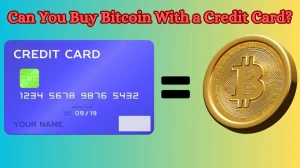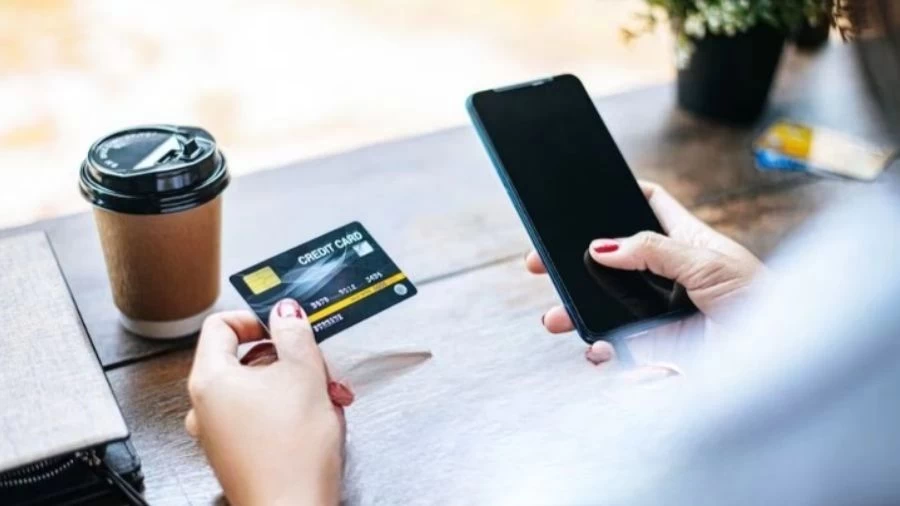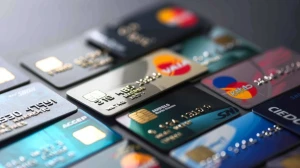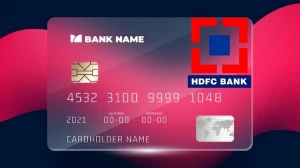
- Home »
- Credit Card »
- How to Dispute Credit Card Charge? What Happens When I Dispute a Credit Card Charge?
How to Dispute Credit Card Charge? What Happens When I Dispute a Credit Card Charge?
Dispute a credit card charge effectively by reviewing your statement, contacting the relevant party, gathering supporting documents, and following up with a formal letter, ensuring a thorough process for potential refund or resolution.
by Kowsalya
Published Aug 02, 2023 | Updated Dec 06, 2023 | 📖 4 min read
How to Dispute Credit Card Charge?
Disputing a credit card charge can be a complex process, but taking specific steps can increase your chances of successfully recovering your money. Here's a detailed guide on how to dispute a credit card charge:
Review Your Statement
- Begin by carefully reviewing your credit card statement to identify the charge you wish to dispute. Ensure that the charge has officially been posted and is not just pending, as you can only dispute posted charges. If the charge is unrecognizable, conduct a quick online search and check for any possible subscriptions or authorized user involvement.
Contact the Appropriate Party
- If it's a case of dissatisfaction with goods or services, contact the merchant first. Attempt to resolve the issue directly with the merchant by requesting a refund or a replacement.
- For billing errors, reach out to the merchant initially if there's a mistake with the charge. They can often correct such issues.
- If you suspect a fraudulent charge, contact your credit card issuer immediately, as they can provide the necessary assistance.
Gather Supporting Documents
- Collect all relevant documents and evidence to support your dispute. This may include receipts, photos, email exchanges, or any other proof that can help clarify the situation.
Follow Up with a Formal Letter
- If you've contacted your credit card issuer, it's important to follow up with a formal letter. The letter should include key details such as the date, your name, account number, the disputed transaction amount, the
- date of the transaction, and a clear explanation of why you believe the charge is incorrect. Be sure to include copies of relevant documents.
- Send the letter to the designated address for billing disputes, which may differ from the payment address. Send it via certified mail with a return receipt for confirmation.
Wait for a Response
- Be patient while your dispute is being reviewed. During this time, you're not responsible for paying the disputed charge.
- If your dispute is found to be valid, the credit card issuer will remove the charge from your bill. If it's not accepted, you may have the option to appeal the decision within the provided timeframe or file a complaint with the Consumer Financial Protection Bureau if necessary.
What Does Dispute a Charge Mean?
Disputing a charge involves notifying the credit card issuer of errors, fraud suspicions, or dissatisfaction, and initiating an inquiry by the issuer or merchant to determine potential charge reversal or payment responsibility.
The issuing bank covers the charge during the investigation, and if justified, you pay; a denied dispute necessitates payment, with the issuer stating reasons and a due date. The dispute window for billing errors is typically 60 days post-transaction, with the investigation lasting up to 90 days. Additionally, an interest charge on a credit card is the cost incurred when carrying a balance, usually expressed as an annual percentage rate (APR), impacting overall repayment.
Become a smart financial navigator with MarketsHost as your guide, as we demystify the world of Credit Cards, equipping you with the tools for a brighter financial future.
What Happens When I Dispute a Credit Card Charge?
Disputing a credit card charge triggers an investigation by the issuer or merchant. During this period, the issuing bank covers the disputed amount, allowing you to withhold payment temporarily.
If the charge is deemed valid, you're responsible for payment. A denied dispute means paying the charge, with the issuer providing reasons and a due date. The dispute window for billing errors is generally 60 days post-transaction, with the investigation lasting up to 90 days from the dispute notice.
How Long Does It Take for a Dispute to Be Resolved?
The time it takes to resolve a dispute on an unauthorized charge can vary depending on several factors, including the complexity of the case, the responsiveness of the parties involved, and the policies of your card issuer. Generally, credit card companies aim to investigate and resolve disputes within 30 to 60 days. During this period, they may temporarily credit the disputed amount back to your account while conducting their investigation.
However, it's important to note that more complex cases may take longer to resolve, and the final resolution could take up to 90 days or more in certain situations.
To expedite the dispute resolution process, it's crucial to provide all necessary documentation and cooperate with your card issuer's investigation. Keep detailed records of your communication with them and any relevant evidence. Additionally, staying in regular contact with your card issuer can help ensure a timely resolution to your dispute.
How to Dispute Credit Card Charge - FAQs
1. What does dispute a charge mean?
Disputing a charge involves notifying your credit card issuer of a potential error, suspicion of fraud, or dissatisfaction with goods or services.
2. What happens during a credit card charge dispute?
The merchant or credit card issuer investigates the specific charge to assess its validity.
3. How long does it take to resolve a credit card dispute?
Typically, it takes 30 to 60 days, but complex cases can extend to 90 days or more.
4. When should I not file a credit card dispute?
Avoid disputes for buyer's remorse and attempt to resolve issues with the merchant first.
5. Who is responsible for payment during a dispute?
Initially, the issuing bank covers the cost while the investigation is ongoing, but the outcome determines final payment responsibility.




